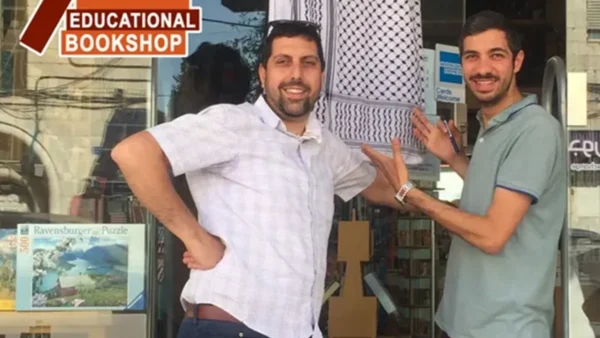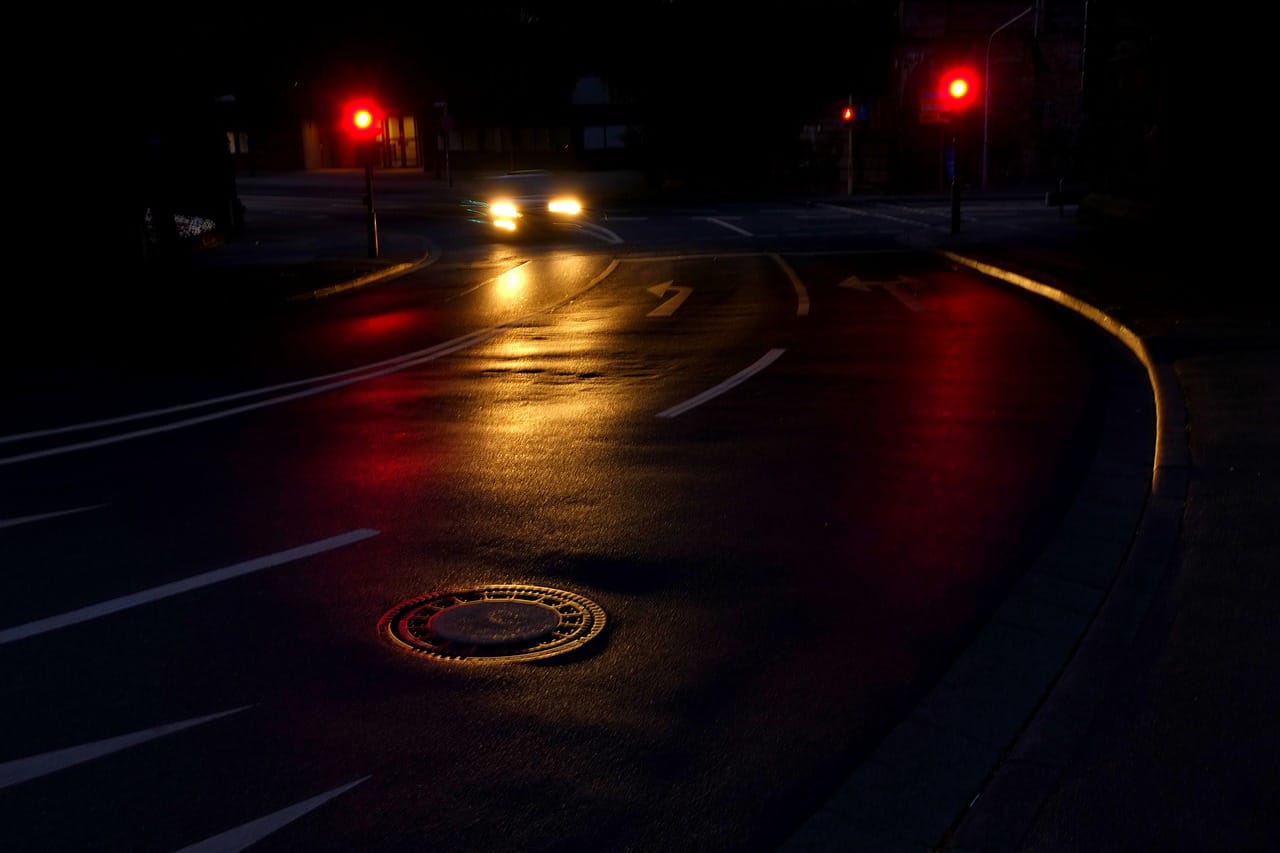Interesting piece in The Guardian recently about the Albanian writer Ismail Kadare and his alleged ties to the Hoxha regime. I went to see Ismail Kadare speak at the Southbank Centre in London last year, and he addressed this issue very effectively, I thought.
He said that the people who tell him he should have spoken out are basically saying to him “You should have died.” That’s what dissent would have cost him in those days – the regime simply didn’t tolerate opposition. He would have been thrown in jail, or killed. He could perhaps have tried to defect to the West, but then of course his family would have suffered, and his friends, and anyone connected to him. So he did what many people did under Communism, and what many people have done under all kinds of authoritarian regimes at different times. He lived his life, and he made compromises in order to stay alive.
It’s easy to look back now and ask how he could have lived in such times and not said anything. But I ask myself what I would have done in his shoes. I’d like to think that I would have been a brave dissident speaking truth to power, but honestly I don’t know. How much do I even exercise my freedom of speech right now, in a country where, despite the growing culture of government surveillance and control, I am still free to speak out? Don’t I make compromises myself, in much easier conditions? Would I really speak out in a place where the urgency to do so was much greater, but the cost was also so much higher? Having never been in such a situation, I don’t think I can say.
What I do know is that Ismail Kadare is a great writer who made an important contribution. Possibly he would have made a more important contribution by speaking out against the regime and getting himself killed, or possibly he made the right choice in continuing to write – he said at the Southbank Centre that it was important for Albania to have literature in those times, however flawed or compromised. Either way, I understand why he did what he did and I don’t feel in a position to condemn him for it.



There are 2 comments
I read that piece, slightly confused ending as I recall but generally interesting.
I agree with you that we are not really in a position to condemn, I’ve never lived under a regime like that and who knows what I would do? Would it have helped anyway, had he spoken out and been imprisoned or died? As you say, we’ve lost enough freedoms in this country, and I can’t say I’ve done anything about that.
Kadare is a great writer, we’re better off for having his work with us, and if the price of that was a lack of resistance, so be it. The art, I believe, justifies his decision.
I’ve read Broken April, The File on H and The Successor, all excellent (I read them before I started my blog sadly, so I’ve blogged none of them, which is a shame). Kadare is a tremendous writer and has given Albania something of an international voice that otherwise it would wholly have lacked. That and it’s impossible to read The File on H without seeing in it a great deal of subversion, it may be set in the 1930s, but that’s not when it’s about.
Anyway, good blog entry, I wholly agree with it.